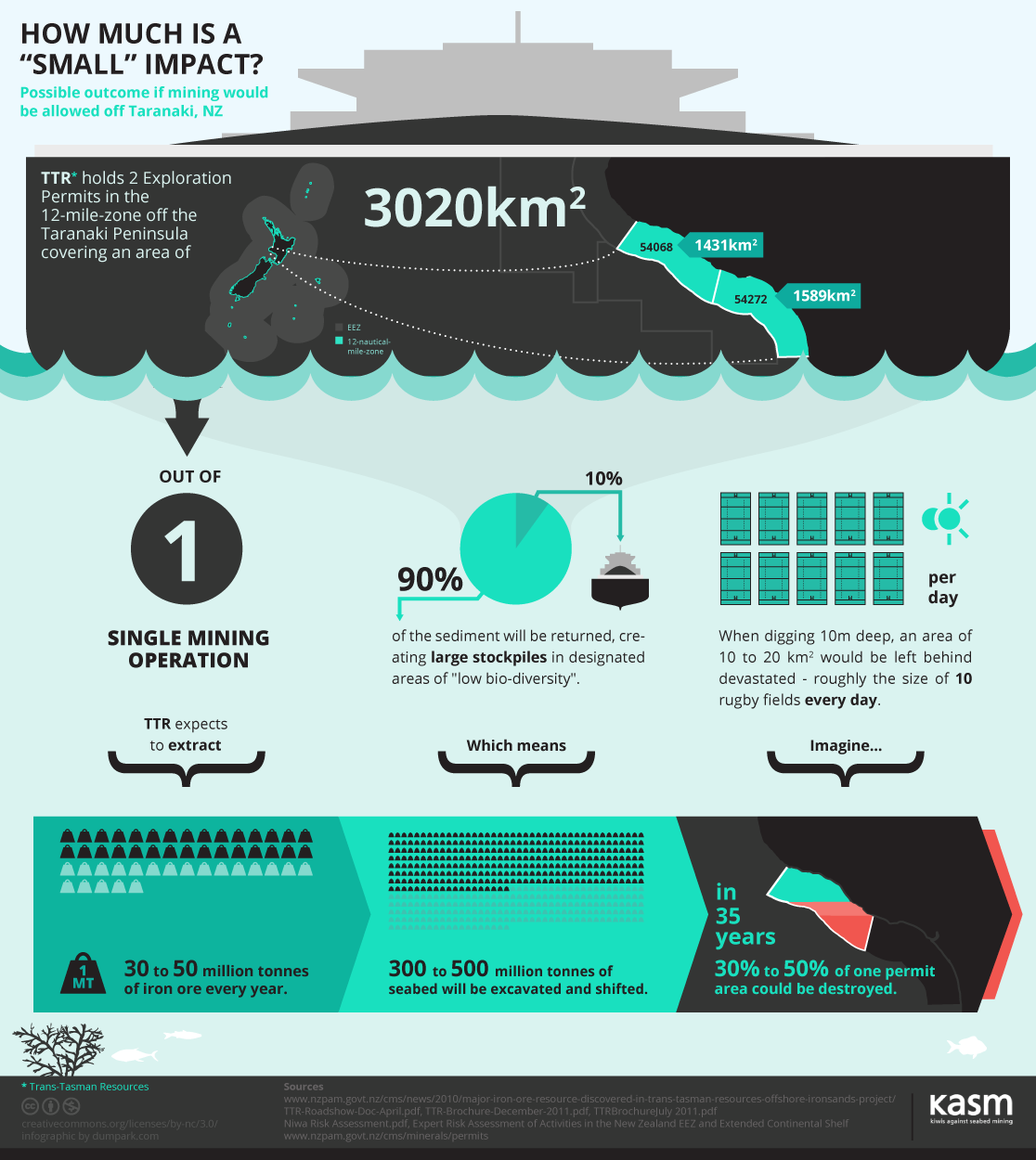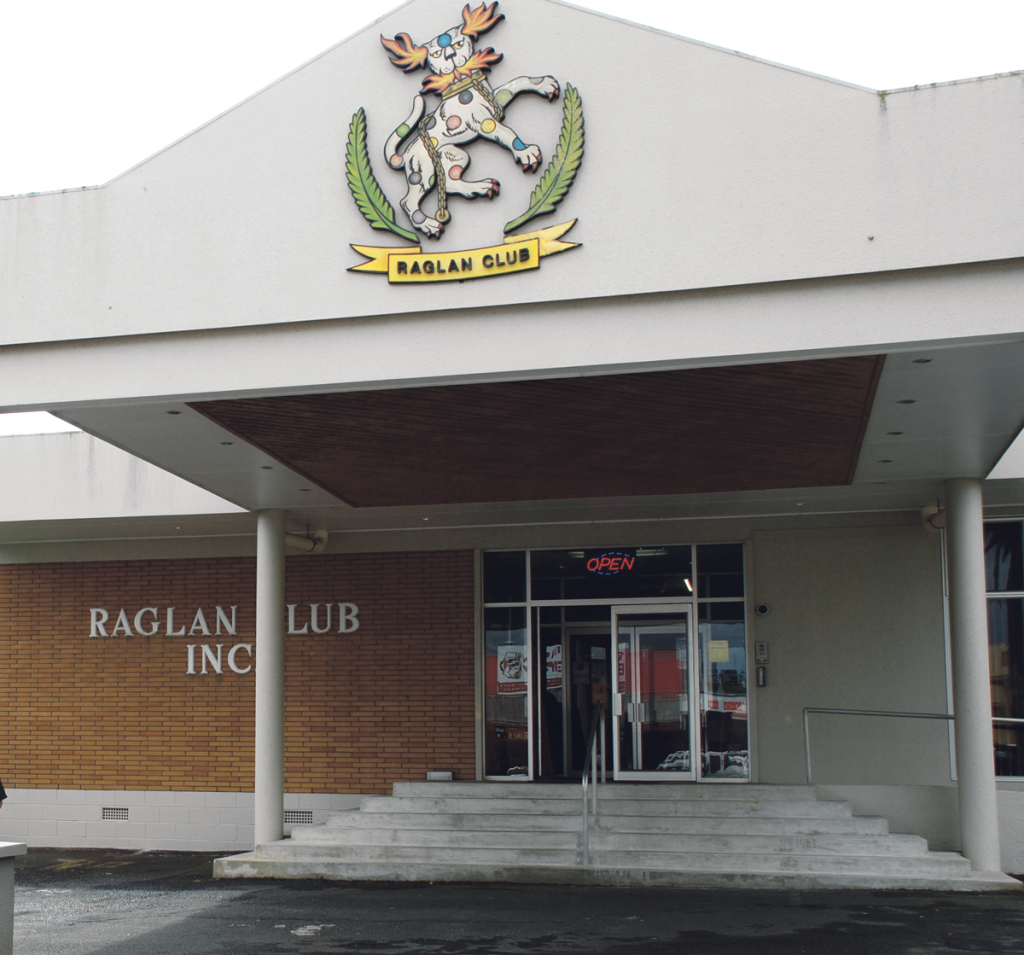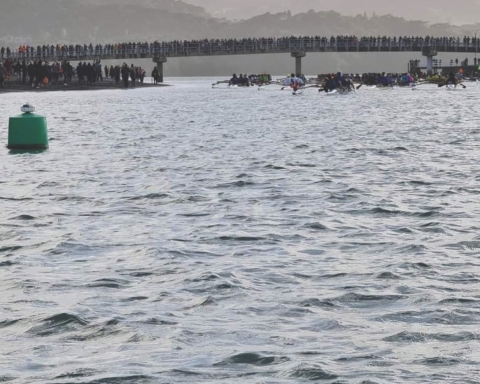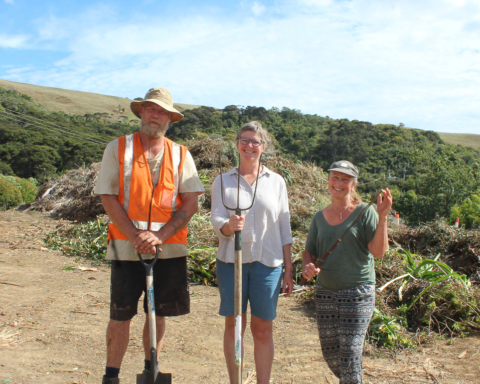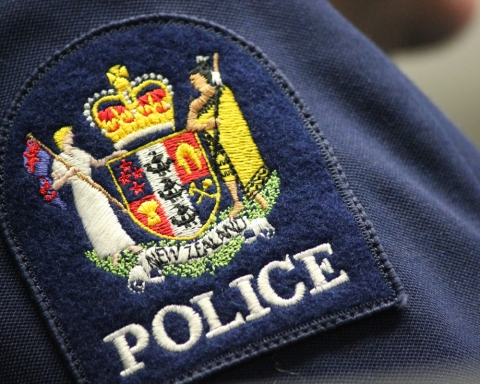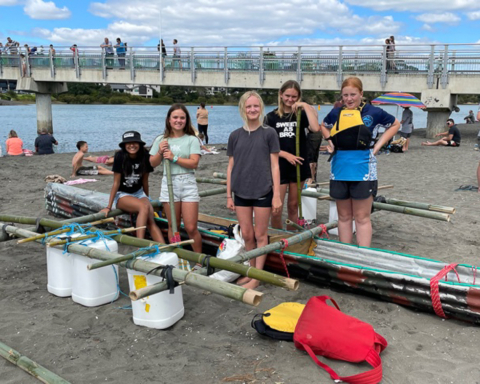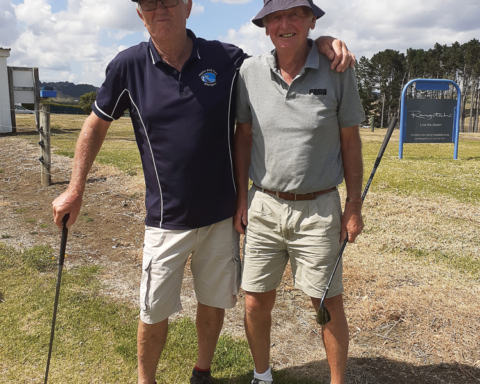Kiwis Against Seabed Mining (KASM) chairman Phil McCabe says there has been a “phenomenal response” by New Zealanders supporting an appeal against the Environmental Protection Agency’s decision to greenlight a seabed mining proposal in the South Taranaki Bight.
Kasm will appeal the EPA’s decision that was released on Thursday last week, saying that the decision sets a dangerous precedent for New Zealand’s marine environment.
Phil says KASM has had a callout for donations for the appeal and while he doesn’t know exactly how much has come in, “we have had a phenomenal response”.
“We are getting close to our target and the Raglan community once again has given us a lot of support.”
The appeal has to be lodged within 15 working days of the EPA’s decision.
“We have to take the only responsible route here by appealing this decision, on behalf of the future of our coastal peoples and environment, the blue whales, maui dolphins and little penguins,” says Phil.
Trans Tasman Resources have applied to dig up 50 million tonnes of the seabed a year, for 35 years, to get five million tonnes of iron ore per year for direct export to Asia.
“If they are allowed to push on there will be more of this,” says Phil. “There are further proposals closer to the coast in the South Taranaki Bight, off the coast off Kawhia, the South Island’s West Coast, the Chatham Rise and an area off the coast of Waihi Beach.”
Phil says the industry is in uncharted waters, with the United Nation’s International Seabed Authority (ISA) still in the process of establishing rules for seabed mining in international waters.
He says the decision-making committee was required to favour caution if there was uncertainly and insufficient information in the application by Trans Tasman Resources.
“New Zealand is acting prematurely in this space. Seabed mining is an untested activity and other countries have put moratoria in place, yet our government is promoting the industry and granting consents long before any clear scientific evidence on the damage it would cause is available.
“We are stunned that the EPA could have given this experimental industry the go-ahead, given the startling lack of available crucial information. Even the committee was split on its decision, requiring an extra vote from the chair. Two were adamant they didn’t want to grant consent.”
Phil says there are glaring holes in scientific information that have not been filled.
“The company’s consultation process was flawed, its science was flawed, it tried to redact key evidence, and they did not consult properly. We had to go to the Environment Court to force the release of key environmental information – a decision the court said we won by a considerable margin.”
Ninety-nine per cent of more than 13,733 submitters were opposed to the application.
Inger Vos
The KASM AGM is on Thursday, August 24, at the Town Hall Supper Room, 5.30pm. Two of the seven committee members are departing so KASM is looking for a couple of people to put their hand up. Phil says the roles are undemanding but a great way to get involved and help out.
